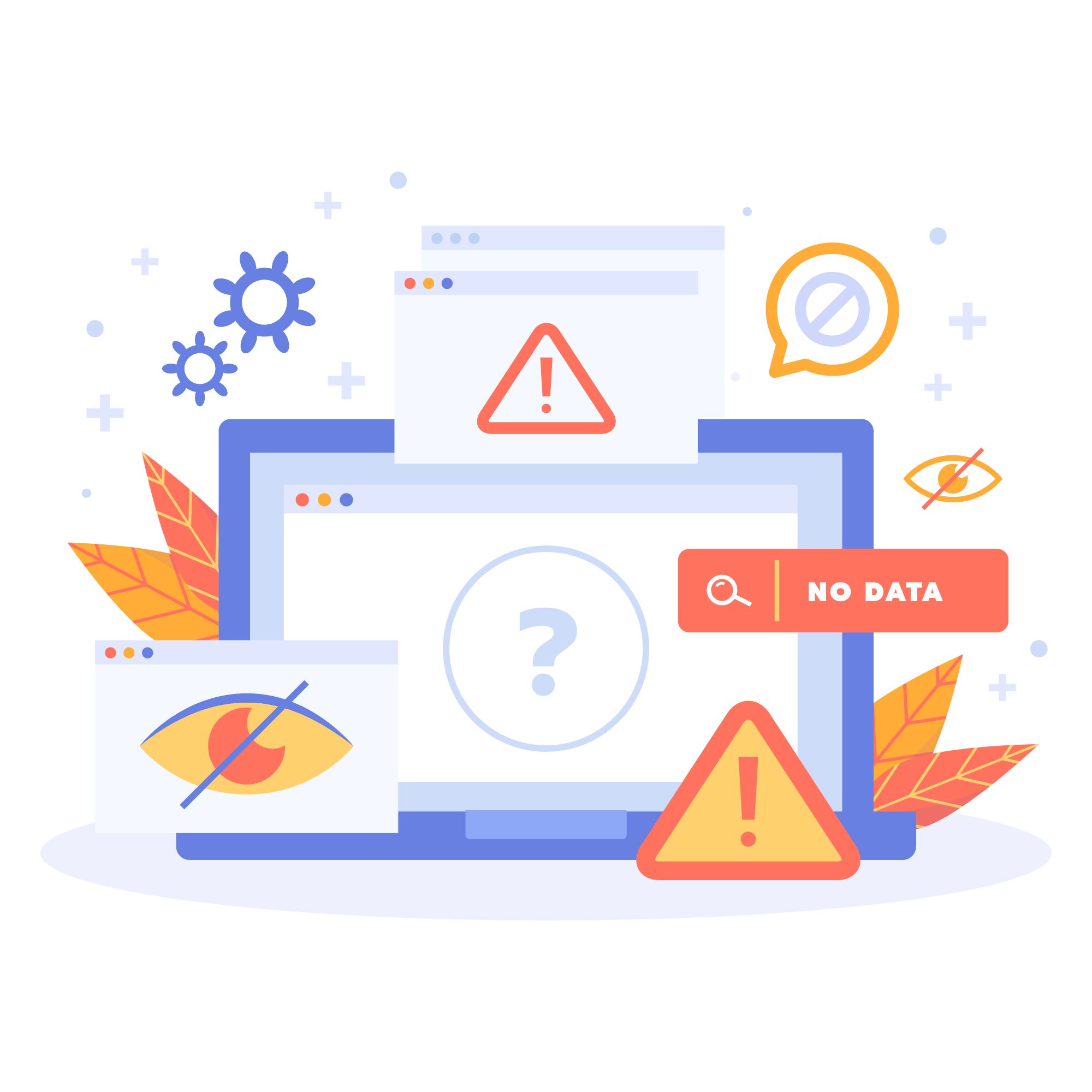Empowering HR Through Digital Transformation

How technology can support HR’s growing role as intra-organisational business partners
How will human resources (HR) function evolve in the future as more jobs become automated?
This was just one of various thought-provoking questions raised by participants during the Q & A session of a summit on the topic of “Empowering HR through Digital Transformations.” It was jointly organised by Microsoft and Leaderonomics on Jan 11 at Microsoft’s swanky headquarters in Kuala Lumpur City Centre.
Numerous other points were raised as more than 60 HR leaders and directors engaged the panel of speakers in intense dialogue on how HR could have a bigger impact in today’s workforce. Later, I reflected on the session and compiled various takeaways I’d like to share with everyone who could not be there that day.
Evolving role of HR
Microsoft Malaysia HR Director Datin Roweena Florece kicked off the session by sharing her deep passion for HR and how it drives her to work tirelessly to ensure that lives are improved through the efforts of her team and entire organisation. Her conviction reiterated, for me, the power of passion in driving us to excel.
Figure 1
Roshan Thiran, chief executive officer of Leaderonomics, explained how HR practitioners are evolving from administrators to business leaders (refer to Figure 1). He elaborated that in order to be true business partners, HR professionals need to add value not only to employees but also to other key stakeholders of the organisation, including its shareholders, customers, vendors and dealers.
He went on to remind HR leaders that they need to help the organisation address key areas that may be constraining their employees from achieving high performance. These areas are leadership, strategy, culture and structure and processes. Roshan stressed that culture and processes, in particular, are areas often neglected by HR leaders due to a lack of understanding about how problems in this area can be identified and addressed.
Another important avenue by which HR can contribute mightily to the organisation lies in learning to “tell stories” better. Stories enables the organisation to attract, retain, and engage people. HR plays a key role as the chief organisational storyteller. This then begs the question: Are we telling the right stories and ensuring these stories are distributed to the right audiences?
One more key insight I picked up was that creativity is essential in HR. Roshan stressed that there are many ways to engage employees. Amongst the ideas cited was to engage the family of employees not only through traditional means but also via creative initiatives like leadership camps for employees’ children, kids’ developmental programmes and other insights-driven efforts to enhance the support infrastructure of employees.
HR as agents of change
Lee Lung Nien of Citibank
CEO of Citibank Lee Lung Nien was another featured speaker that day. It was refreshing to hear the CEO’s perspective on HR. While he urged HR professionals to be agents of change, first he asked how many in the audience, as senior HR leaders, had the ear of their CEO. Could they walk in at any time and receive their CEO’s attention? If a business has scant regard for the HR function, it is unlikely that HR can be effective agents of change and positively influence business direction. It is therefore key for HR to “earn” their right to be agents of change.
Lee followed up with further self-reflection challenges about how connected or “digital” we are as HR professionals. With digitisation being a critical initiative across many businesses, HR too must be fully on board this aspect of the business agenda. He reiterated: If we in HR are not tech-savvy, how do we expect to help digitise our organisations and communicate the importance of this effort to the people?
Lee went on to instigate HR leaders to “quite simply get a life.” His message was simple – you must be able to connect with people from all walks of life and with a variety of interests. To have a life is not just to have a variety of interests and hobbies, but also to be aware of the world. You can do so only if you are connected, with varied interests outside of work and consistently gathering new experiences.
His final point drove the audience to further impactful self-reflection. Lee encouraged HR leaders to spend 80% of their time in the office “walking the floor”. If people are coming to report to a HR leader or talk to them in their offices, chances are that leader is being reactive, or that the information coming to them has been filtered or coloured. Instead, they should be constantly amongst their employees to make sure they have a finger on the pulse of the organisation, to be proactive instead of reactive. This is the only way to have the ear of the CEO – when you become the ears, eyes and nose of the CEO and the leadership team.
Digitisation – the way forward for HR
Monir Azzouzi, head of performance and development at Maxis, spoke about the transformation journey that Maxis underwent. Maxis has been on clean-up mode, he revealed, as they shredded traditional approaches and implemented new innovative HR functions. Having got rid of multiple career tracks and narrowed it down to just two, Maxis also simplified their benefit structure, resulting in amazing employee engagement scores. One great insight I gained from Monir was how HR must partner with the CEO to drive organisational change and thereby elevate HR to the role of a true business leader.
Microsoft business group lead Ananthram Balakrishnan took the audience on a tour of a wide array of HR digital tools available through the Office 365 platform. From the simplicity of using Skype for Business to schedule meetings to collaborating through Microsoft Teams, HR had a significant role to play in technology. I was particularly impressed with Microsoft Delve, which allows for information discovery across Office 365. It’s a very intuitive collaboration tool that works seamlessly with the brand’s other offerings.
One of the key takeaways that resonated with the audience was how easy it is to make incremental changes and to bring appropriate tools into their organisations to drive change. Yet, many HR leaders are resistant to adopting digital tools that will accelerate their impact as HR leaders.
This is a key lesson not just for the HR function but for all functions. Change will happen but we must proactively seek opportunities to drive this change and not be sitting in a shell resisting the future. Digitisation is a reality that all businesses must embrace.
For HR to be a change agent, we need to embrace these tools, both personally as well as organisationally. A rising, digitised millennial workforce wait in the wings. Many are already taking their place centrestage. This event was timely reminder to embrace leadership of the future through technology. I look forward to seeing more and more HR practitioners assume the mantle as change agents, who drive the digital transformations of tomorrow.
Final thoughts
Finally, Florece made an interesting observation about the importance of reading for all HR leaders. She cited how she goes daily to www.leaderonomics.com to read informative, inspiring articles to learn and grow herself, and recommended others to do likewise.
So, in conclusion, I offer the Top 8 Key Insights I gleaned from HR leaders at this summit. They are:
- Have a passion for what you do to be a change agent
- Focus on culture and the processes around it
- Brand your HR initiatives – invest in HR media planning
- Get techy! Learn up on technology
- Get a life – and relate and engage better with your people and customers
- Walk the floor, know what’s happening
- Invest in integrated tools and automate HR
- Find partners to help guide the journey
Pssst: Sashe is excited that Leaderonomics is offering a digital learning platform at very affordable price per organisation (all inclusive). He hopes that this will enable all organisations to be able to afford digital learning and embrace it fully. For more information on the digital learning platform, email learn@leaderonomics.com.
Business
Tags: Executing Leadership, HR, Quality, Research & Development
Sashe is certain that his 18-year early career in IT was about leadership and not technology. He has spent the last 8 years redefining what that means as a HR consultant and learning leader with Leaderonomics.







